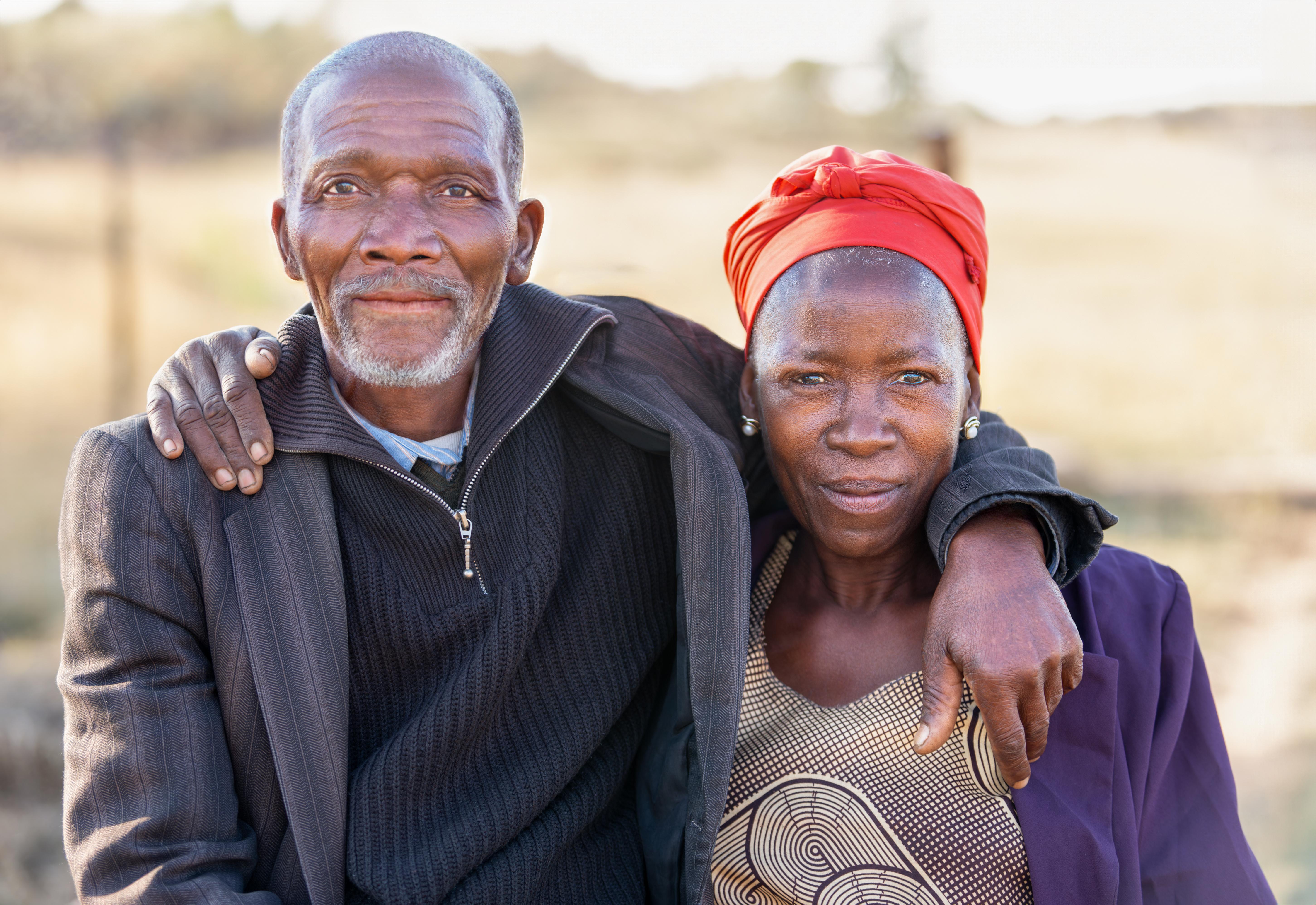
A UMD study out in JAMA Network Open this fall is the first to show that drought and extreme heat are linked to more violence in intimate relationships.
Led by SPH’s Dr. Pin Wang, an environmental health specialist focused on how climate affects disease, the study analyzed Demographic and Health Surveys (DHS) data on intimate partner violence (IPV) from over 400,000 women in 42 low- and middle-income countries, in relation to drought and heat indices.
The researchers found that 12-month drought was linked to a 7% increase in the risk of intimate partner violence, whether emotional, physical or sexual. The risk of emotional violence was highest in a one-month drought period whereas that of physical violence was highest during a year-round drought.
“Earlier studies have shown extreme heat relates to increases in violence in intimate relationships. Our findings show that as the intensity of drought and extreme heat increases, so does the risk of violence.” said Wang.
“It was surprising to find that the hottest days during a drought were not the highest risk – the hottest days in a nondrought month linked to a higher risk of violence. We are not sure why. However, comparing the effects shows that extreme heat plays a more dominant role than drought.”
The reasons for such increases in intimate partner violence were not a part of this study. But Wang notes contributing factors could include mental disorders among men (who are more often heads of households in low- and middle-income countries) after experiencing poverty-related stress from crop failure or livestock loss, as well as the stress from trauma due to natural disasters.
According to 2025 global climate predictions from the World Meteorological Organization (WMO), temperatures are expected to “continue at or near record levels in the next five years,” resulting in intense droughts and harmful heatwaves, among other extreme weather.
“The prevalence of intimate partner violence is already very high globally and the highest in low- and middle-income countries. With extreme weather set to increase, the implications are clear: study and mitigation of intimate partner violence due to extreme weather needs much more attention.”